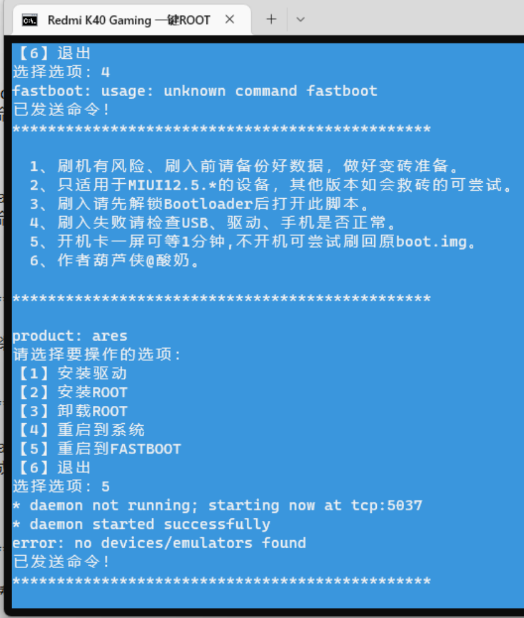
本文实例分析了Thinkphp中的__initialize()和类的构造函数__construct()。分享给大家供大家参考。具体分析如下:
thinkphp中的__construct是不可以随便用的,因为你的模块类继承上级类,上级类有定义好的;
相关学习推荐:thinkphp
1、__initialize()不是php类中的函数,php类的构造函数只有__construct().
2、类的初始化:子类如果有自己的构造函数(__construct()),则调用自己的进行初始化,如果没有,则调用父类的构造函数进行自己的初始化。
立即学习“PHP免费学习笔记(深入)”;
3、当子类和父类都有__construct()函数的时候,如果要在初始化子类的时候同时调用父类的__constrcut(),则可以在子类中使用parent::__construct().
如果我们写两个类,如下:
代码如下:
class Action{ public function __construct() { echo 'hello Action'; } } class IndexAction extends Action{ public function __construct() { echo 'hello IndexAction'; } } $test = new IndexAction; //output --- hello IndexAction
很明显初始化子类IndexAction的时候会调用自己的构造器,所以输出是’hello IndexAction’,但是将子类修改为:
代码如下:
class IndexAction extends Action{ public function __initialize() { echo 'hello IndexAction'; } }
那么输出的是’hello Action’,因为子类IndexAction没有自己的构造器,如果我想在初始化子类的时候,同时调用父类的构造器呢?
代码如下:
class IndexAction extends Action{ public function __construct() { parent::__construct(); echo 'hello IndexAction'; } }
这样就可以将两句话同时输出,当然还有一种办法就是在父类中调用子类的方法.
代码如下:
class Action{ public function __construct() { if(method_exists($this,'hello')) { $this -> hello(); } echo 'hello Action'; } } class IndexAction extends Action{ public function hello() { echo 'hello IndexAction'; } }
这样也可以将两句话同时输出,而这里子类中的方法hello()就类似于ThinkPHP中__initialize()。
所以,ThinkPHP中的__initialize()的出现只是方便程序员在写子类的时候避免频繁的使用parent::__construct(),同时正确的调用框架内父类的构造器,所以,我们在ThnikPHP中初始化子类的时候要用__initialize(),而不用__construct(),当然你也可以通过修改框架将__initialize()函数修改为你喜欢的函数名.
相关推荐:编程视频课程




















